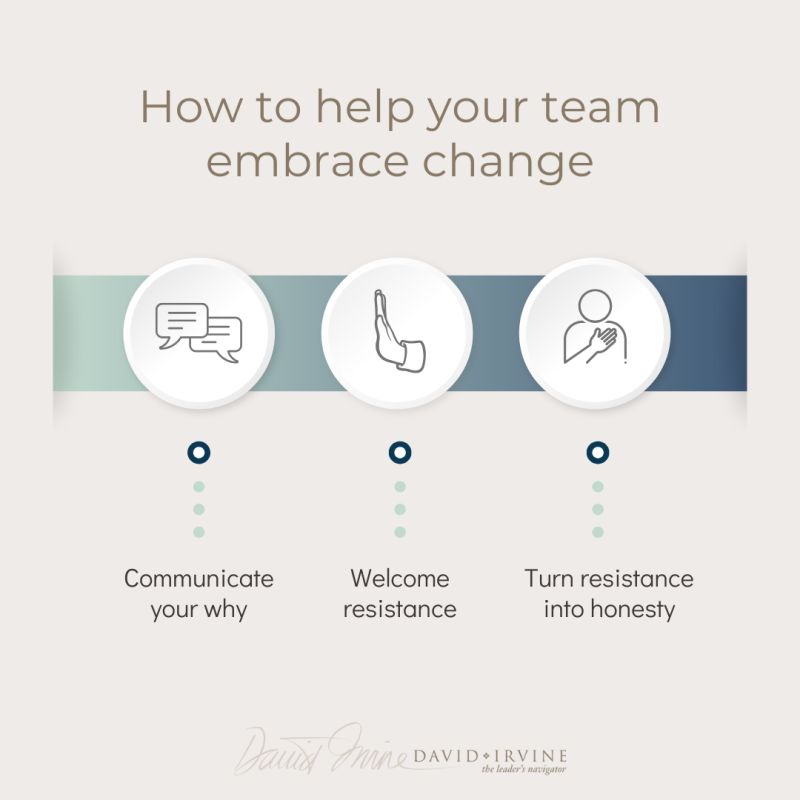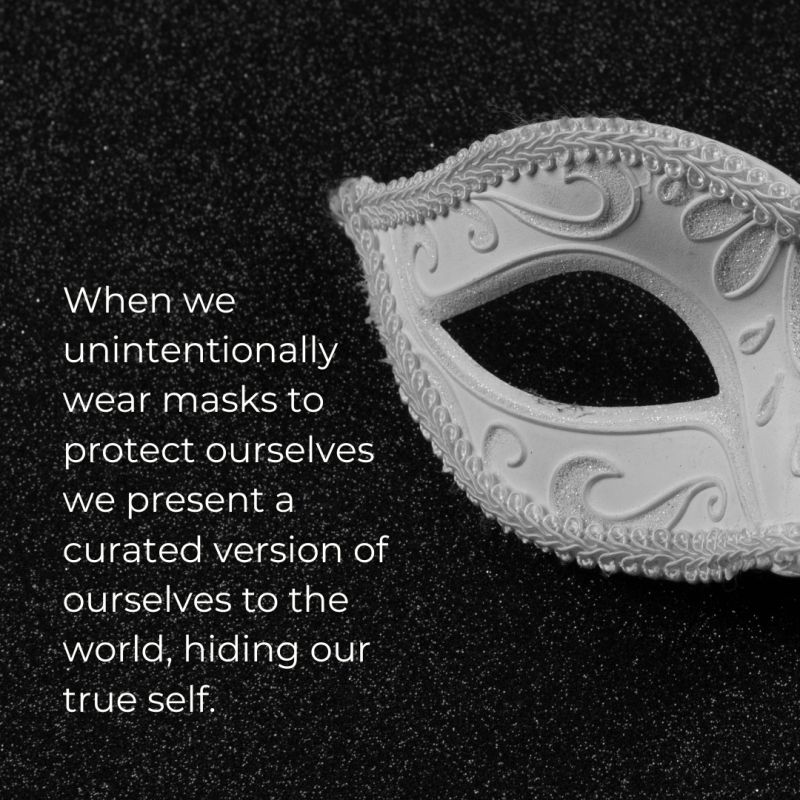I don’t think anyone intentionally sets out to be lazy. But sometimes we get so overwhelmed that we crash. Like when you have so many things on your to-do list you just sit in front of the tv and check out. This isn’t a problem once in a while, but when it becomes a habitual way of handling stress it’s cause for concern.
AI lists signs of lazy leadership that, on the surface, look like lazy leaders, but if you dig a little deeper, you’ll likely find burnout, exhaustion, and poor time management are behind them:
- Apathy and Indifference
- Lack of Direction
- Passive Approach to Problems
- Disorganization
- Vague Standards and Expectations
- Resistance to Change
- Hiding in your Office
- Endlessly browsing the Internet during work hours
- Avoiding Accountability, Blaming, Gossiping, and Finger Pointing
By being aware of these signs, you can take proactive steps to step up your focus, clarify the boundaries you’ve been compromising, say no to the wrong demands, and craft a new strategy. This ensures that you renew your engagement and effectively guide your team towards revitalized success.
All setbacks are opportunities to learn and emerge a better person and a better leader.
hashtag#leadership hashtag#authenticity hashtag#growth







